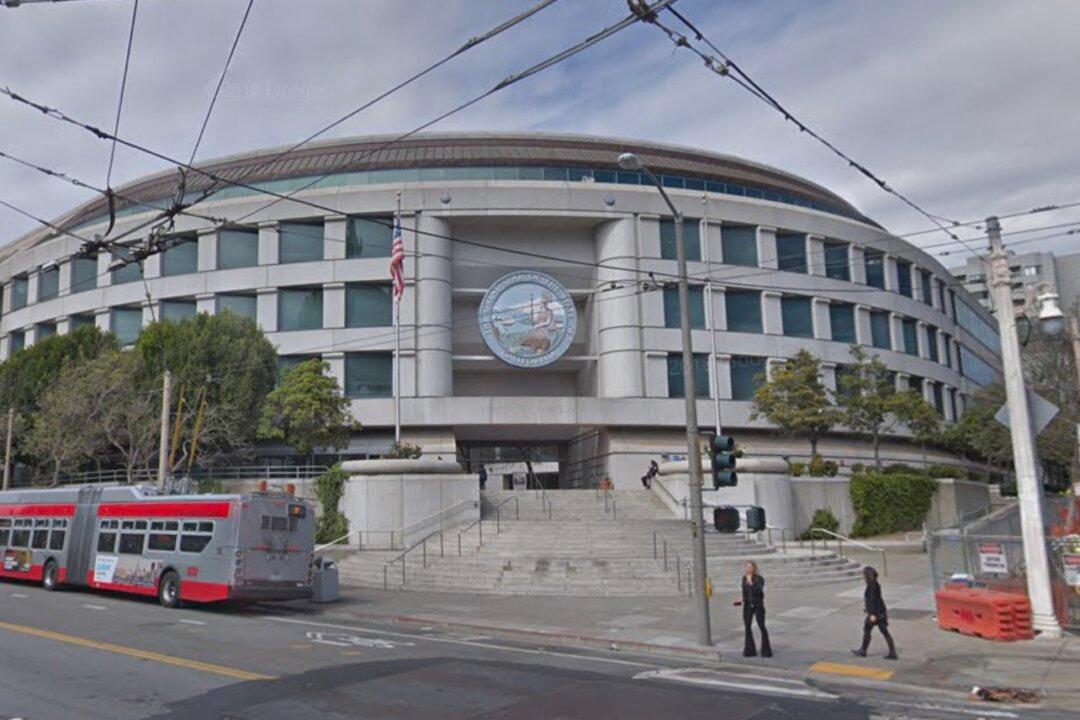The mayors of San Francisco, San Jose, and Oakland called on the California Public Utilities Commission on Sept. 4, to reject a proposal that they claim would increase the exit fees for customers who opt to buy electricity from local governments instead of investor-owned utilities.
Mayors London Breed, Sam Liccardo, and Libby Schaaf argued in a comment letter to the commission that the proposal by Commissioner Carla Peterman would cost consumers more and hinder efforts to promote clean energy.




